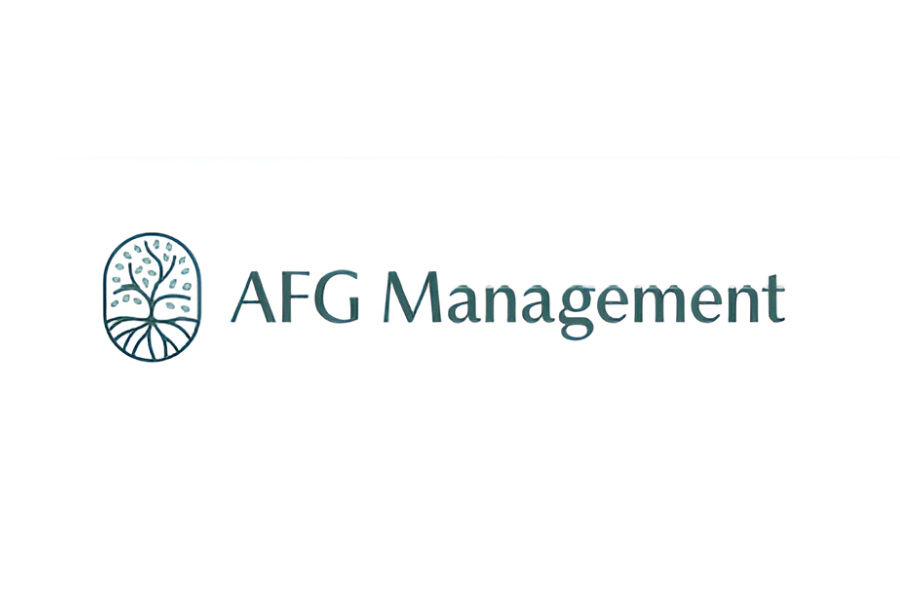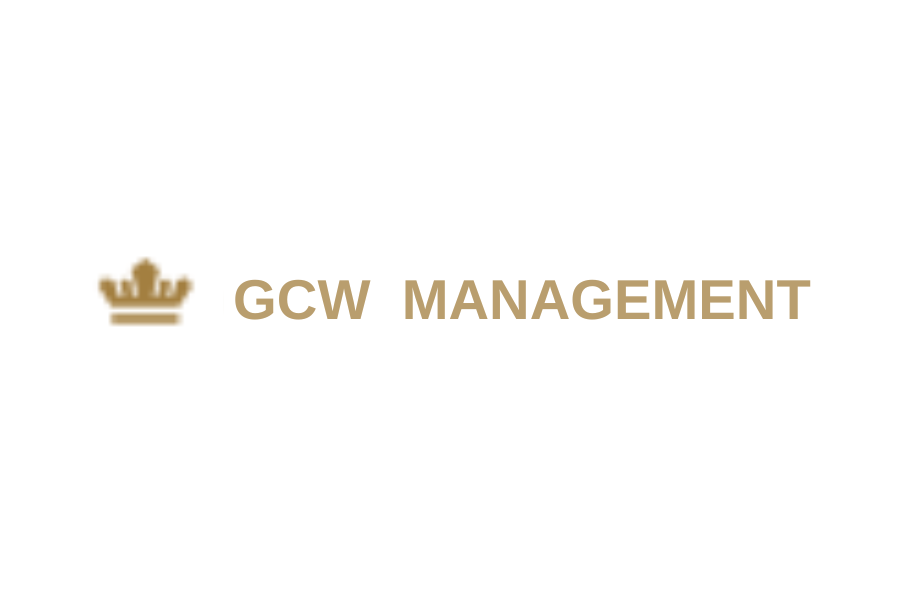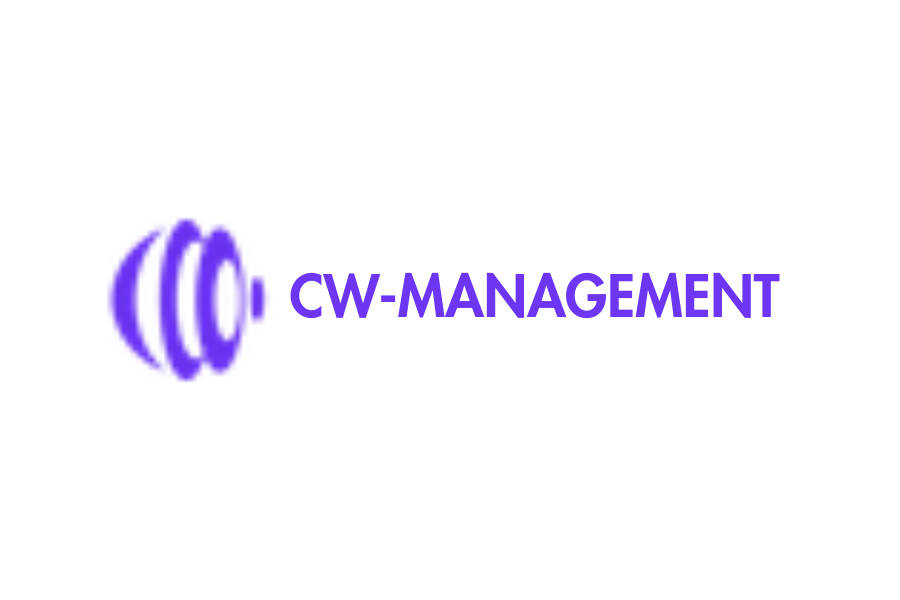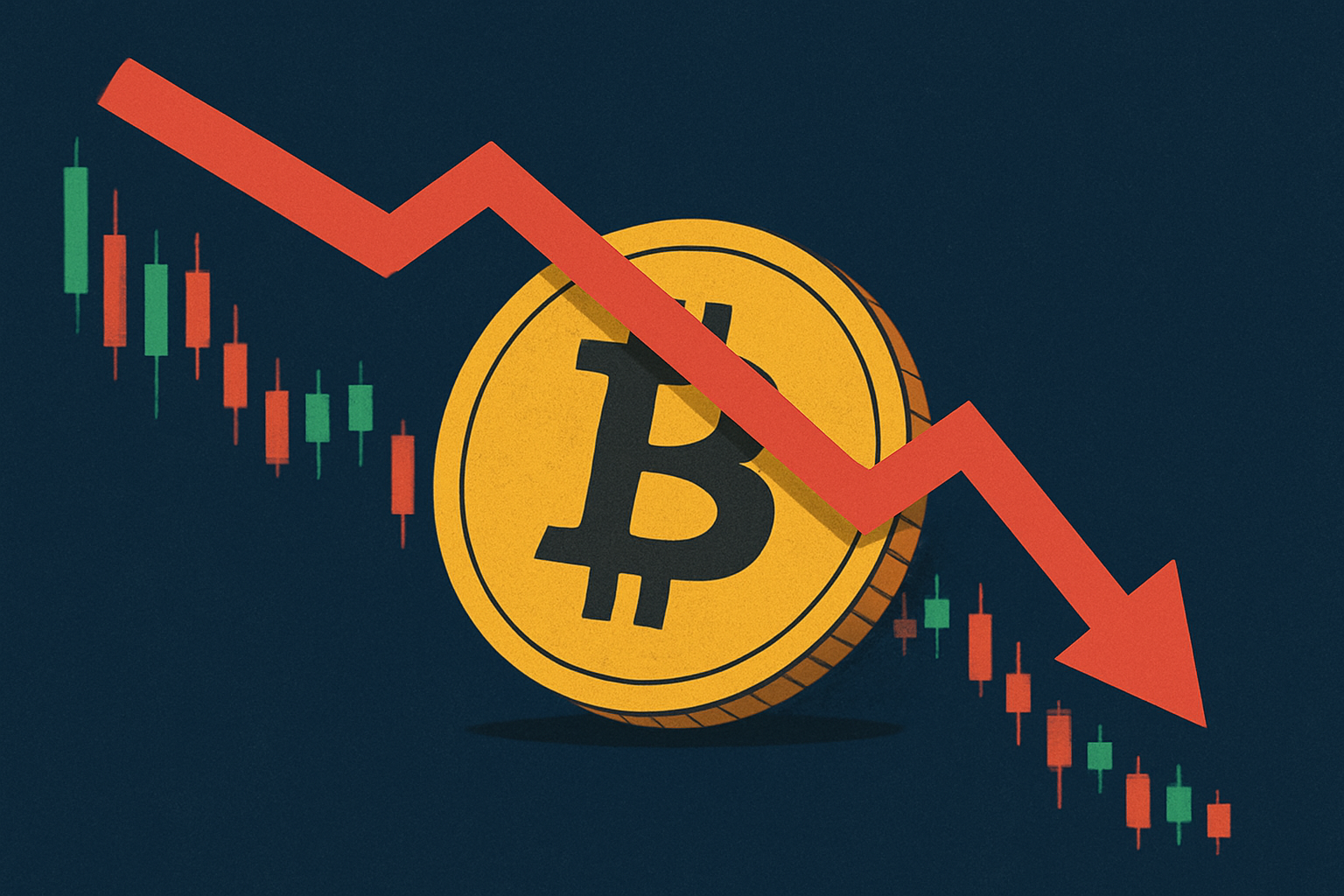Introduction
The cryptocurrency landscape in North Africa is witnessing a transformative development. Morocco, a country known for its cautious approach to financial innovations, is reportedly taking steps to legalize Bitcoin and other cryptocurrencies. The move, driven by the Central Bank of Morocco, marks a significant regulatory shift that could have profound implications for the nation’s economy and its citizens’ financial freedom.
As global crypto adoption surges, Morocco appears ready to embrace the digital revolution, signaling its intent to integrate cryptocurrencies into its financial ecosystem. This article delves into the factors behind Morocco’s decision, the potential impact on its economy, and what this means for the broader cryptocurrency market.
The Path To Cryptocurrency Legalization
Morocco’s central bank, the Bank Al-Maghrib, has historically maintained a conservative stance on digital currencies. Until recently, the Moroccan government imposed stringent restrictions on cryptocurrency trading and ownership. However, the rise of Bitcoin and other cryptocurrencies has sparked a reconsideration of these policies.
Key drivers for this shift include:
Rising Adoption Among Citizens: Despite regulatory hurdles, an increasing number of Moroccans have embraced cryptocurrency for remittances, investments, and as a hedge against inflation. The ease of cross-border transactions and minimal fees have made digital currencies an attractive alternative to traditional banking channels.
Global Regulatory Trends: Morocco’s pivot aligns with a broader global trend where nations such as the UAE, Nigeria, and South Africa are implementing frameworks to regulate cryptocurrencies. The country seeks to remain competitive and foster financial innovation.
Economic Diversification Goals: As part of its Vision 2030 plan, Morocco aims to diversify its economy beyond traditional sectors such as agriculture and tourism. Embracing blockchain technology and cryptocurrencies is seen as a step toward modernizing the financial sector.
Regulatory Framework Under Development
The central bank is collaborating with international financial institutions and local stakeholders to draft comprehensive cryptocurrency regulations. According to reports, the framework will likely include provisions to:
Regulate Crypto Exchanges: Ensure compliance with anti-money laundering (AML) and know-your-customer (KYC) standards.
Protect Consumers: Safeguard citizens from fraud and volatility risks associated with cryptocurrencies.
Promote Innovation: Encourage fintech startups and blockchain projects to establish a presence in Morocco.
By striking a balance between oversight and innovation, the regulatory framework aims to create a secure environment for crypto transactions while fostering economic growth.
Potential Economic Impacts
The legalization of cryptocurrencies in Morocco could unlock several economic benefits:
Boosting Financial Inclusion: A significant portion of Morocco’s population remains unbanked. Cryptocurrencies can provide an accessible alternative for individuals excluded from traditional banking systems, enabling them to participate in the digital economy.
Attracting Foreign Investment: Morocco’s proactive stance on cryptocurrency could position it as a regional hub for blockchain innovation, attracting investment from global tech firms and venture capitalists.
Enhancing Remittance Flows: With millions of Moroccans living abroad, remittances constitute a vital part of the national economy. Cryptocurrencies offer a faster and cheaper way to send money home, reducing reliance on costly intermediaries.
Diversifying the Economy: By integrating blockchain technology, Morocco could foster innovation in sectors such as supply chain management, energy, and real estate.
Challenges And Risks
While the prospects are promising, the journey to cryptocurrency legalization is fraught with challenges:
Market Volatility: The extreme price fluctuations of cryptocurrencies like Bitcoin could pose risks to investors and the broader economy.
Regulatory Complexity: Developing a robust yet flexible regulatory framework that accommodates innovation without compromising security is no small feat.
Cybersecurity Concerns: The rise of digital currencies has been accompanied by an increase in hacking and cybercrime incidents, necessitating stringent security measures.
Public Awareness: Educating citizens about the benefits and risks of cryptocurrencies will be critical to ensuring widespread adoption.
Global Implications
Morocco’s decision to legalize cryptocurrencies could have ripple effects across North Africa and beyond. If successful, the regulatory model could serve as a blueprint for other nations grappling with the challenges and opportunities of digital currencies.
Additionally, Morocco’s embrace of Bitcoin and blockchain could strengthen its position in the global financial landscape, signaling its readiness to participate in the next wave of technological innovation.
Conclusion
The move by Morocco’s central bank to legalize Bitcoin and other cryptocurrencies marks a watershed moment in the country’s financial history. By crafting a balanced regulatory framework, Morocco aims to harness the benefits of digital currencies while mitigating associated risks.
As the country embarks on this bold journey, the world will be watching closely. Whether Morocco emerges as a leader in cryptocurrency adoption or faces unforeseen challenges, its actions will undoubtedly shape the narrative of digital finance in North Africa.
For citizens and businesses alike, the legalization of cryptocurrencies presents an opportunity to unlock new avenues for growth and innovation. The future of finance in Morocco has never looked more promising.











